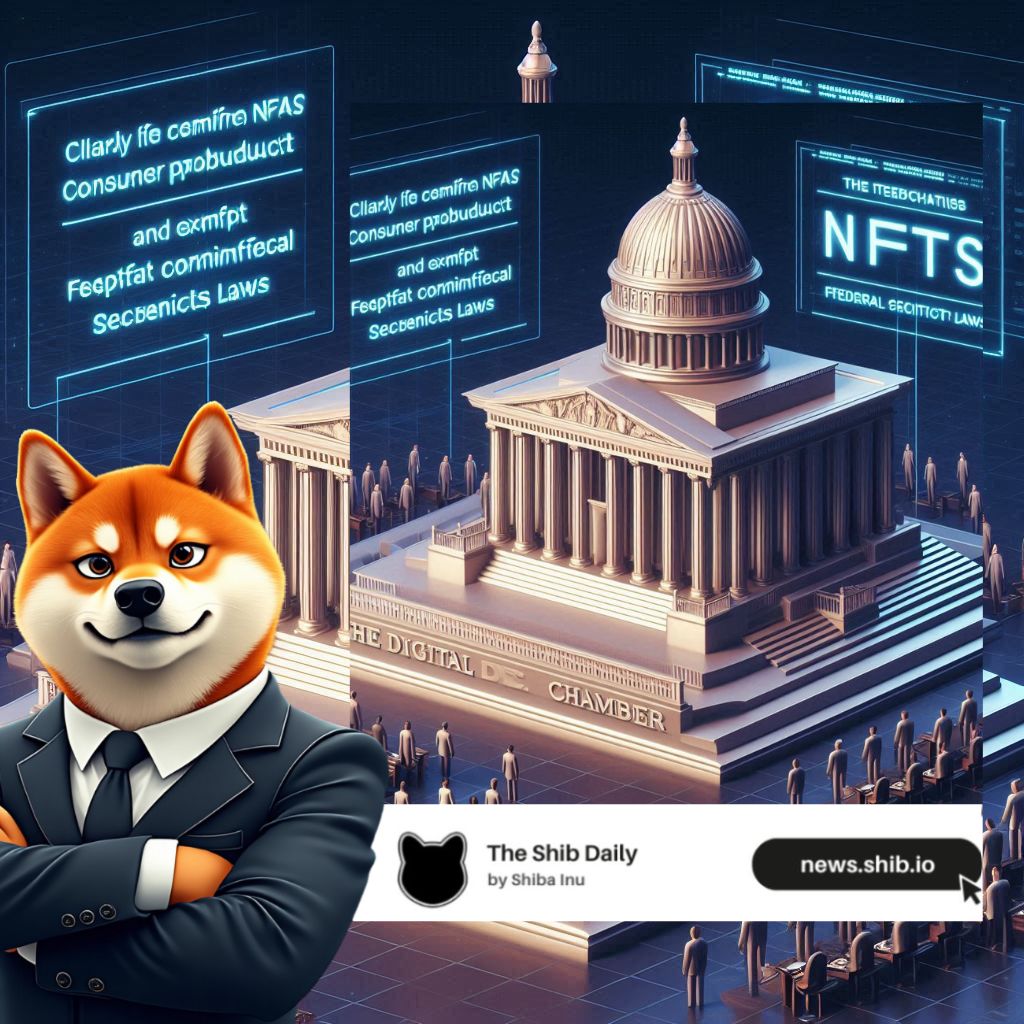North Carolina resident Michael Smith was arrested Wednesday after he was found using artificial intelligence (AI) to creatе a plethora of songs and monetize these illegally. Smith allegedly streamed his songs continuously using bot accounts to generate royalty payments worth over $10 million.
U.S. Attorney Damian Williams said in an official release that Smith, a 52-year-old musician, would stream the AI-generated songs to steal royalties.
“Through his brazen fraud scheme, Smith stole millions in royalties that should have been paid to musicians, songwriters, and other rights holders whose songs were lеgitimately streamed. Today, thanks to the work of the FBI and the career prosecutors of this Office, it’s time for Smith to face the music” Williams said.
Smith used streaming services like Spotify, Apple Music, and YouTube Music for mass-produced songs and artist identities. The indictment revealed that his plan involved streaming the music without drawing attention, believing that using bots could avoid anti-fraud detection. The prosecutors said that Smith would create randomly generated songs and artist names in order to make them look legit.
Related: OpenAI Debated Police Call Before Canada Mass Shooting Suspect Chats Online
He even reportedly emailed two unnamed co-conspirators stating they need to make a whole lot of songs and ensure they adhere to anti-fraud policies. According to the indictment, the average royalty per stream was half of one cent, indicating daily royalties of $3,307.20, monthly royalties of $99,216 and annual royalties of $1,207,128.
‘Brazen Fraud’
The FBI described this case as a “brazen fraud.” Although implementing AI can significantly disrupt the music space, it also introduces new vulnerabilities. Forbes wrote in a recent feature that AI-genereted music can be “indistinguishable” from music created by humans.
“This raises questions about copyright and ownership. So-called deep fakes are real. A deep fake in the context of music refers to the use of advanced technology, such as AI, to create realistic and often deceptive audio content. It can include voice synthesis, instrumental replication, and even song-writing imitation,” the story noted.
Related: Kusama Reveals Details Of New AI Product in Recent Livestream
These loopholes are perhaps what helps people like Smith thrive and commit AI fraud in music. Some musicians have even debated that music generated by AI lacks emotional depth and fails to establish a human connection. Forbes added that the implementation of AI in music isn’t just a mere trend but a transformative wave. It suggests that the way forward lies in adopting a balanced approach. The article mentioned that while it is efficient to implement AI in music, ethical considerations and challenges must still be considered.












